“Two years on and a decade since Russia’s attempted illegal annexation of Ukraine’s Autonomous Republic of Crimea and the city of Sevastopol, the war in Ukraine remains an open wound at the heart of Europe,” António Guterres said.
“It is high time for peace – a just peace, based on the UN Charter, international law and General Assembly resolutions,” he stressed.
Addressing Security Council members, with several Ministers and ambassadors in attendance, the Secretary-General reminded them of the United Nations principle of the sovereign equality of all its Members.
He stated that as per the UN Charter, international disputes shall be settled by peaceful means, and that all States shall refrain from the threat or use of force against the territorial integrity or political independence of any other State.
‘In any war, everyone suffers’
Mr. Guterres pointed to the suffering of civilians on both sides of the war.
In Ukraine, at least 10,500 civilians have died and many more have been injured; schools, hospitals and other vital civilian infrastructure have been destroyed, and several hundred towns and villages are cut off from electricity during a brutal winter.
Several million people have been driven from their homes, and countless families, especially on the frontlines, depend on humanitarian assistance.
“Many Ukrainians are experiencing the living nightmare of losing their children. All children that have been deported must be reunited with their families,” Mr. Guterres said.
“The war is also hurting the people of Russia. Thousands of young Russians are dying on the frontlines. Civilians hit by strikes on Russian cities are also suffering,” he added.
Danger of escalation ‘very real’
The Secretary-General also voiced deep concern over the danger of the conflict escalating and expanding “is very real”.
“Around the world, the war is deepening geopolitical divides. Fanning regional instability. Shrinking the space available to address other urgent global issues,” he said.
Concluding his address, Mr. Guterres said that since Russia’s full-scale invasion of Ukraine, “we have had two years of fighting, two years of suffering, two years of stoking global tensions and straining global relations.”
“Enough,” he stressed, noting that scorning the Charter has been the problem, and honouring it is the solution.
“That means honouring the sovereignty, independence, unity and territorial integrity of Ukraine, within its internationally recognized borders. It is time to recommit to the Charter and renew respect for international law,” he said.
“That is the path to peace and security – in Ukraine and around the world.”
The UN Security Council meeting on the maintenance of peace and security in Ukraine.
France: Russia must end war now
Foreign Minister Stéphane Séjourné of France addresses the Security Council meeting on the maintenance of peace and security in Ukraine.
French Foreign Affairs Minister Stephane Séjourné said that Russia has been waging a war for two years, an unjust, unjustifiable and illegal war of aggression after seeking to invade its neighbour and take its territory for 10 years.
Neither Moscow’s false pretexts nor its propaganda and massive disinformation on social networks can hide this clear and indisputable situation, he said.
Unlike Russia, Ukraine wants peace, he continued.
President Volodymyr Zelenskyy, who was in Paris last week, proposed a peace plan more than a year ago, and Ukraine has identified key principles and started discussions with numerous partners from all continents and not just the European continent.
“No one wants peace more than the Ukrainian people,” he said.
“Our Council must work for the victory of Ukraine, because it would be the victory of the Charter. The overthrow of societies through brutal and imperialist aggression should not be accepted. Russia must put an end to this war and withdraw its troops from Ukrainian territory, which will never belong to it.”
UK: ‘We all must stand up to Putin’
David Cameron, Secretary of State for Foreign, Commonwealth and Development Affairs of the United Kingdom, addresses the Security Council meeting on the maintenance of peace and security in Ukraine.
David Cameron, Secretary of State for Foreign, Commonwealth and Development Affairs of the United Kingdom, said the Council is meeting two years since Russian President Vladimir Putin ordered a wholly unprovoked invasion of a sovereign UN Member.
“My question to Putin is simple: Why?” he asked. “How is Russia living up to its responsibilities as a permanent member of this Council to uphold international peace and security? How many ridiculous explanations have we now had for the invasion?”
That is the simple truth: Mr. Putin believes he can take territories, redraw borders, exercise force to build his empire, he said, wondering if the Council will “let this stand”.
“We know Ukraine’s answer, for we saw the courage of President Zelenskyy two years ago; the Kremlin expected Ukraine to fold, but they are standing firm for their freedom,” Mr. Cameron said, adding that on Thursday, the UK imposed further sanctions, clamping down on Russia’s military-industrial complex and those enablers seeking to keep it running.
“These sanctions are a reminder,” he continued. “In acting so brazenly, Putin is in fact openly trying to upset the international order, replacing it not with some progressive vision of equality of nations, but with a return to a 19th century ideology where might – particularly his might – is right.”
He said, “this is why we all must stand up to Putin, not just out of sympathy for Ukraine, but because his actions in Ukraine are dangerous for everyone else,” adding that respect for sovereignty lies at the heart of the international system and the UN.
“And that’s why nothing should matter more to us than seeing Putin fail,” he said. “We must not falter. We must stand firm.”
US urges global support for Ukraine
Ambassador Linda Thomas-Greenfield of the United States addresses the Security Council meeting on the maintenance of peace and security in Ukraine.
Linda Thomas-Greenfield, Ambassador and Permanent Representative of the United States to the UN, recalled that two years ago, as Council members sitting around the same table called for diplomacy and de-escalation, “President [Vladimir] Putin openly chose war.”
“We could see the reality of Russia’s brutal aggression unfolding in real time; the world could see that choice between violence and diplomacy, war and peace unfolding in real time,” she said.
“Today, despite President Putin’s best efforts, the world continues to bear witness to Russian brutality, Russian hypocrisy and Russian cruelty,” she added.
The US ambassador said the “senseless war” has worsened global food insecurity, impacted global energy, caused incalculable damage to the environment, and undermined the global non-proliferation regime.
She added that in the face of such cruelty, death and destruction, the Ukrainian people have fought back effectively – “vastly outnumbered, they have not only defended their land but their freedoms, their democracy and their identity.”
Ms. Thomas-Greenfield called for greater support for Ukraine, to help it fight not only for peace but for a just, lasting peace, rooted in the UN Charter’s fundamental principles.
“Let us be exceedingly clear here: if Russia puts down its weapons today, the war will end; if Ukraine puts down its weapons, Ukraine would be over,” she said.
Russia: ‘In this proxy war…Ukraine is losing’
Ambassador Vassily Nebenzia of the Russian Federation addresses the Security Council meeting on the maintenance of peace and security in Ukraine.
Russian Ambassador and Permanent Representative Vassily Nebenzia said that one year ago, the Western bloc had tried to promote its peaceful initiatives and openly instilled in Ukrainian President Zelenskyy the notion that he could beat Russia. Ukraine has completely failed, while the West continues to pump weapons into the country and to discuss “dead end” peace prospects.
“For the people of Ukraine, it’s increasing clear how ineffective its Government is and how much it lacks independence,” he said. “In this proxy war…Ukraine is losing.”
Meanwhile, the European Union has become “a satellite of the US”, and Germany, for instance, has suffered losses of billions of dollars stemming from sanctions against Russia.
Instead of having relations with its neighbour, Russia, the bloc is “shooting itself in the foot” by falling into a harsher energy dependency with the US and has fallen into Russophobia.
He said that two years ago, “we sent our boys to fight to end a war” against the Donbas region, “not to start one”.
Turning to the Minsk agreements, he said France, the UK and others did not take these treaties seriously. At the same time, Ukraine stepped up military activities with foreign States.
“Any conflict ends sooner or later,” he said. “There’s no doubt that the Ukrainian conflict will end as well. There’s no doubt that the longer it lasts due to the sustained support by the West, the less advantageous the peace dividends will be for Ukraine.”
Europe is in the throes of strategic blindness while denying to Russia its own legitimate defence interests, which is a short-sighted approach, he said, adding that the bloc continues to promote anti-Russia propaganda, which the US tried to do during the Cold War.
A fair Euro-Atlantic security system must be discussed, he said, noting that NATO’s current actions include expectations that its expansion is “an absolute right”.
China: Search for a sensible solution
Ambassador Zhang Jun of China addresses the Security Council meeting on the maintenance of peace and security in Ukraine.
Zhang Jun, Ambassador and Permanent Representative of China to the UN said that the international community should actively search for a for a sensible solution to the conflict to ensure that that peace can prevail.
Efforts should remain focused on a political settlement, he said, stating that the priority should be to stop hostilities, launch direct talks and restore peace.
He called the parties to the conflict to show a sense of responsibility and to promote detente.
Providing arms and stoking the fire is not the solution, the Chinese ambassador continued, stating that we must stay the course towards common security.
We must be responsive to the legitimate concerns of all countries, he said.
The situation Europe is facing today is directly related to the expansion of the North Atlantic Treaty Organization (NATO), he said, adding that there must be a soul-searching and for looking at the world through an objective lens.
All countries, large and small, are entitled to a place in the international arena, he added, noting that sliding back into the colonial era is not an option.
Bullying will not work, win-win cooperation will, the ambassador highlighted, voicing China’s opposition to sanctions imposed by the US and UK, using the Ukraine issue as an excuse.
China is not a party to the conflict, he said, stating that it has always maintained that the sovereignty and the territorial integrity of all countries, including Ukraine, must be respected.
Ukraine: Russia has no legal right
Foreign Minister Dmytro Kuleba of Ukraine addresses the Security Council meeting on the maintenance of peace and security of Ukraine.
The Foreign Minister of Ukraine, Dmytro Kuleba, noted that the Council meeting was taking place at the same time of another air raid in the country and less than an hour after a residential building in Odesa had been hit, severely wounding two civilians.
“I’m afraid that someone is going to die in Ukraine before this meeting is adjourned because talking about negotiations is one thing, but throwing more drones and missiles on Ukraine as Russia does every day is completely another thing,” he said.
Mr. Kuleba told the Council that Russia’s name “is synonymous with aggression, war crimes and barbarism” while “its ugly face is the direct result of its impunity, stemming first and foremost from its presence in this chamber’s seat.”
He said the Russian Federation is occupying the place of the Soviet Union, which no longer exists, and the legal transfer of its seat in the Council never occurred.
“This is an example of how a small fraud led to a global catastrophe,” he said. “We continue to insist that Russia has no legal right to be present at this table, and the future reform should correct this historic mistake that led to deadly consequences.”
He said roughly 24 years of President Putin’s regime “has already ruined millions of lives” as during this time, Russia has launched or joined at three major wars – Georgia, Ukraine and Syria – or roughly one every eight years.
The country has stands behind the attempted coup in Montenegro and destabilizing efforts in the Sahel region in Africa, he continued.
“And the scariest thing is that we must now focus not only on the lives already taken by Russia, but also on the lives that it is prepared to take in the future.”
Mr. Kuleba stated that it is only through resolute and joint action “that we can put the aggressor in its place and restore international peace and security.”
 © WFP/Evelyn FeyWomen in Djoukoulkili, Chad take part in land rehabilitation programme. The UN Secretary-General on Monday highlighted the urgent need to defend women's rights which are under threat, citing a reversal in hard-won progress, increasing violence against women and a growing digital gender divide.
© WFP/Evelyn FeyWomen in Djoukoulkili, Chad take part in land rehabilitation programme. The UN Secretary-General on Monday highlighted the urgent need to defend women's rights which are under threat, citing a reversal in hard-won progress, increasing violence against women and a growing digital gender divide.





 Courtesy of State Department for Gender and Affirmative Action, Kenya
Courtesy of State Department for Gender and Affirmative Action, Kenya


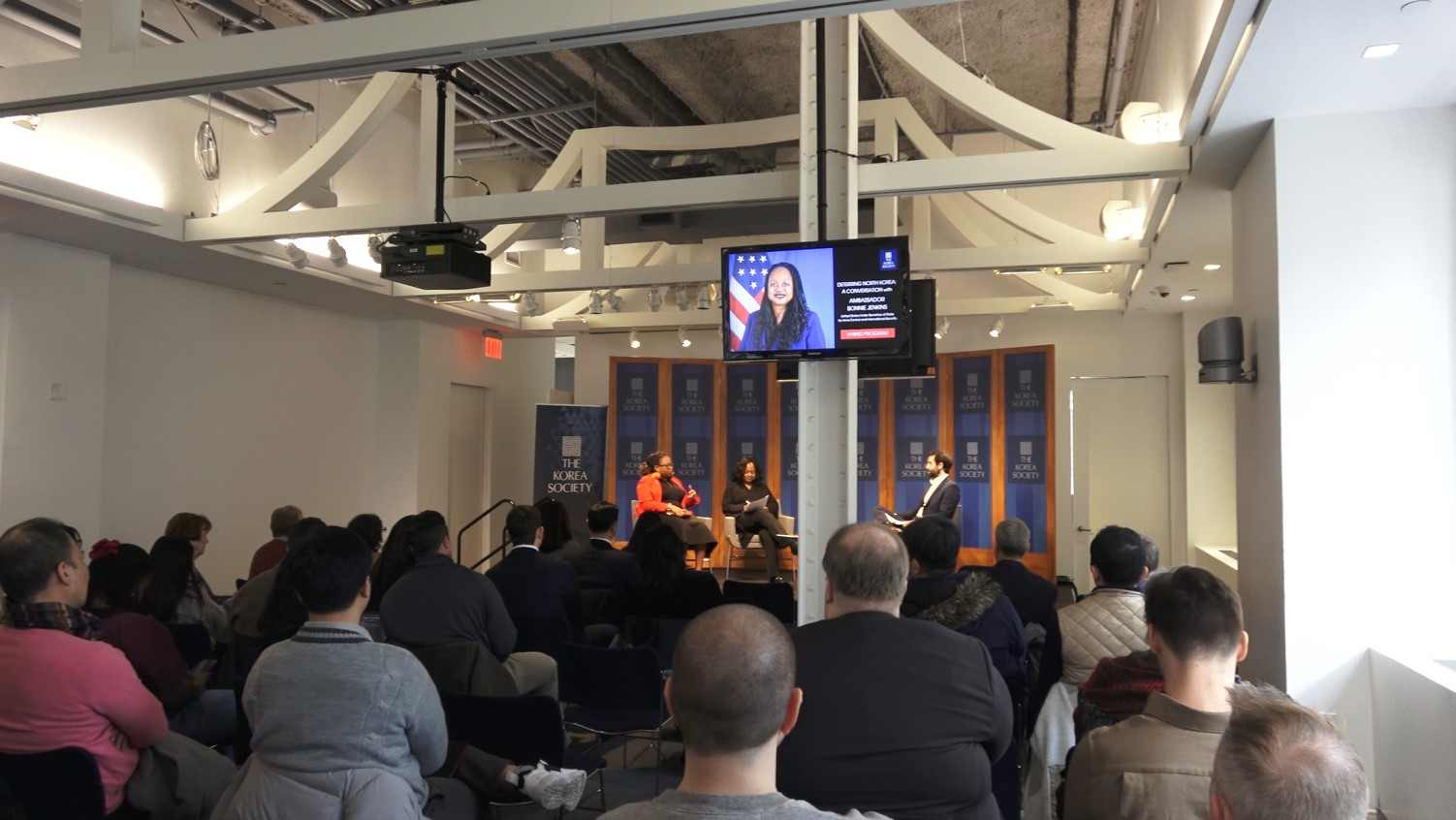
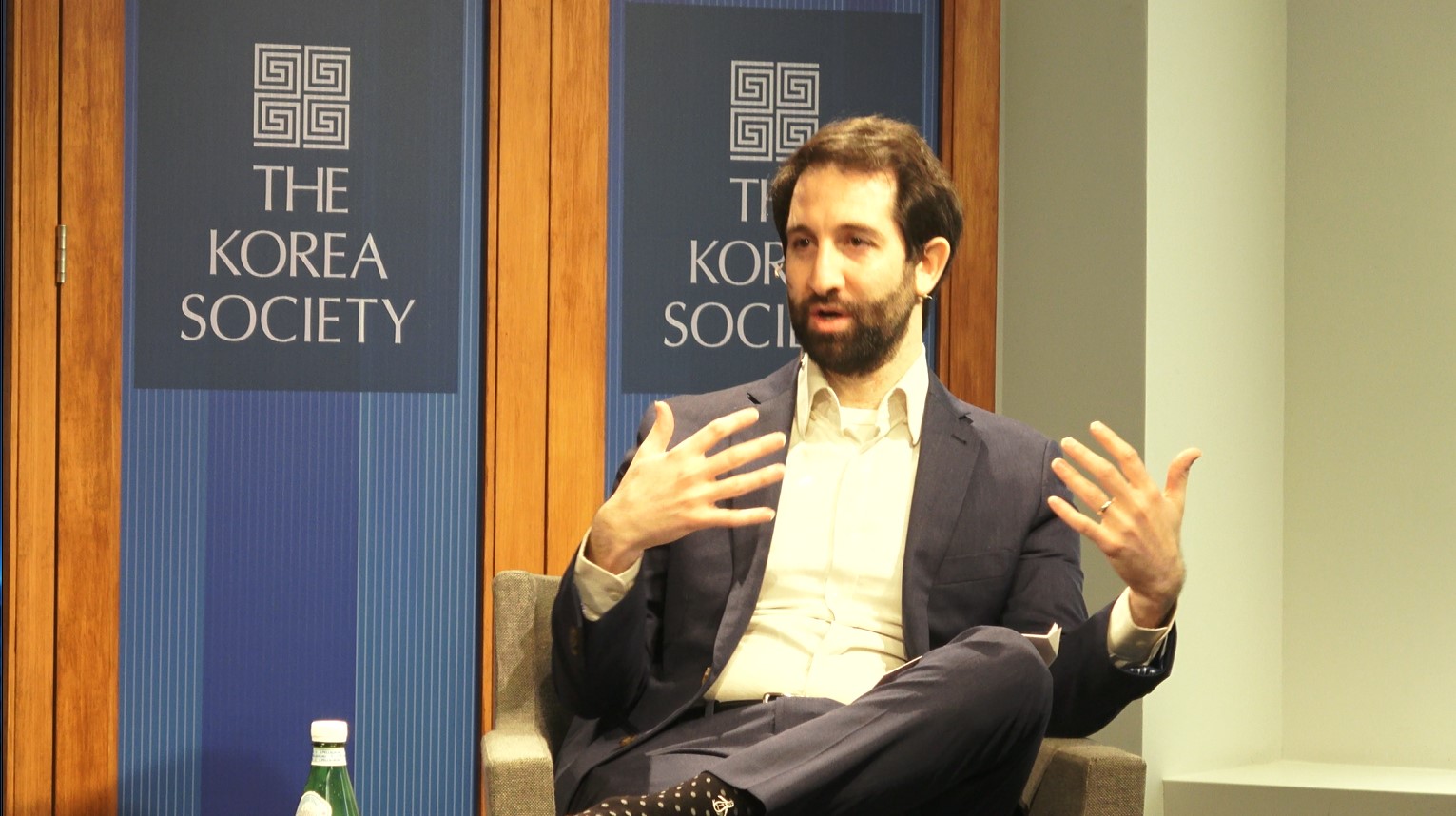
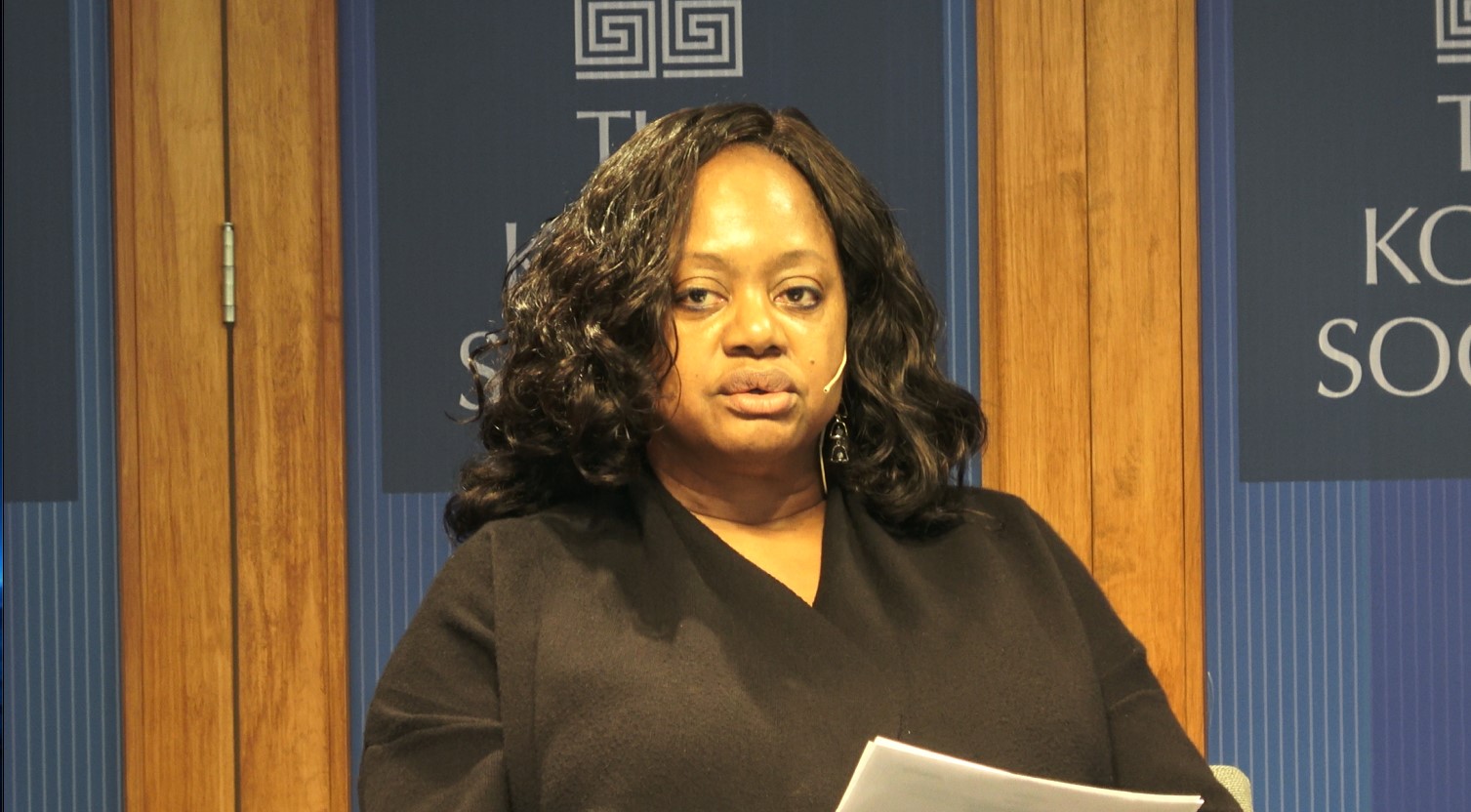
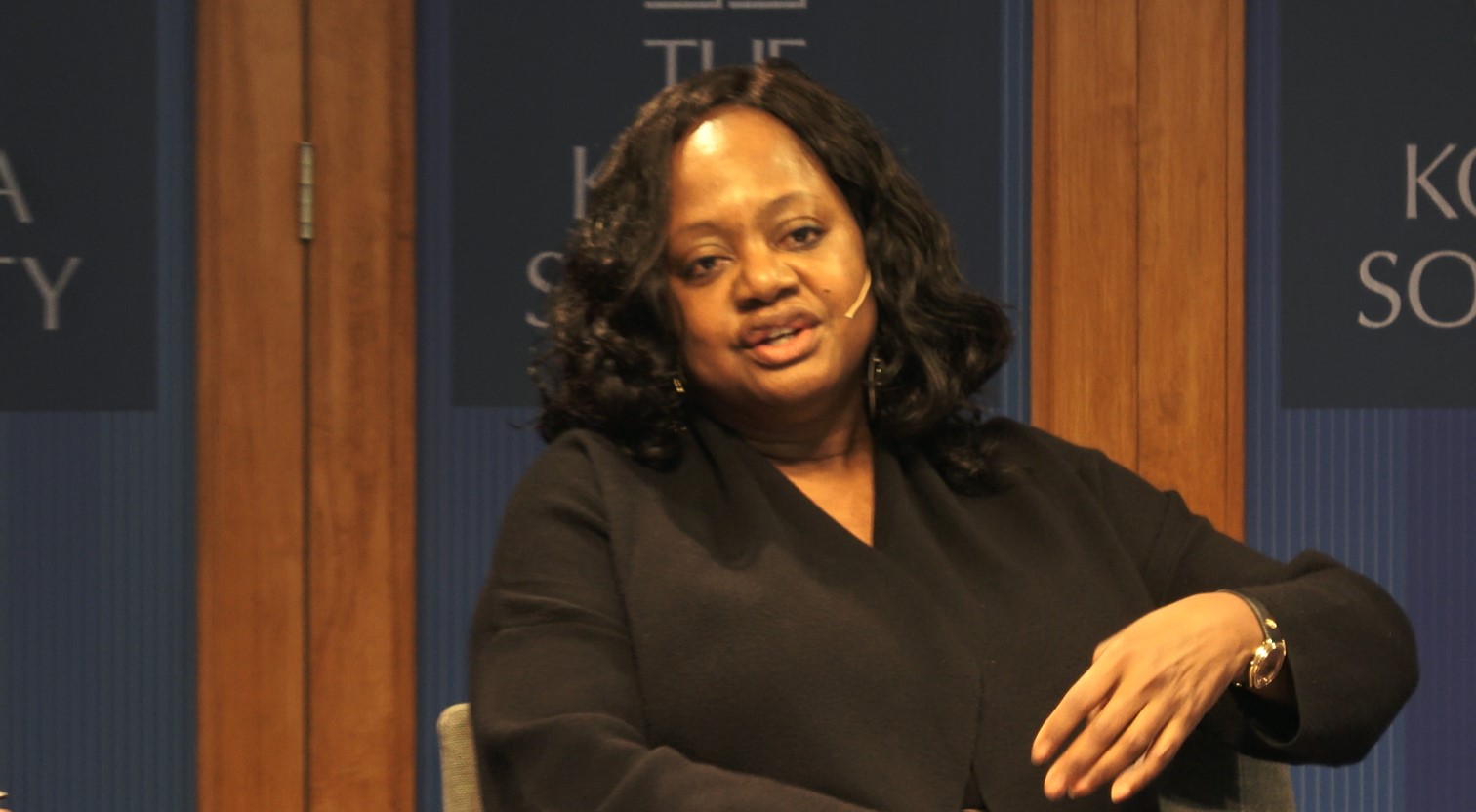 Bonnie Jenkins, United States Under Secretary of State for Arms Control and International Security
Bonnie Jenkins, United States Under Secretary of State for Arms Control and International Security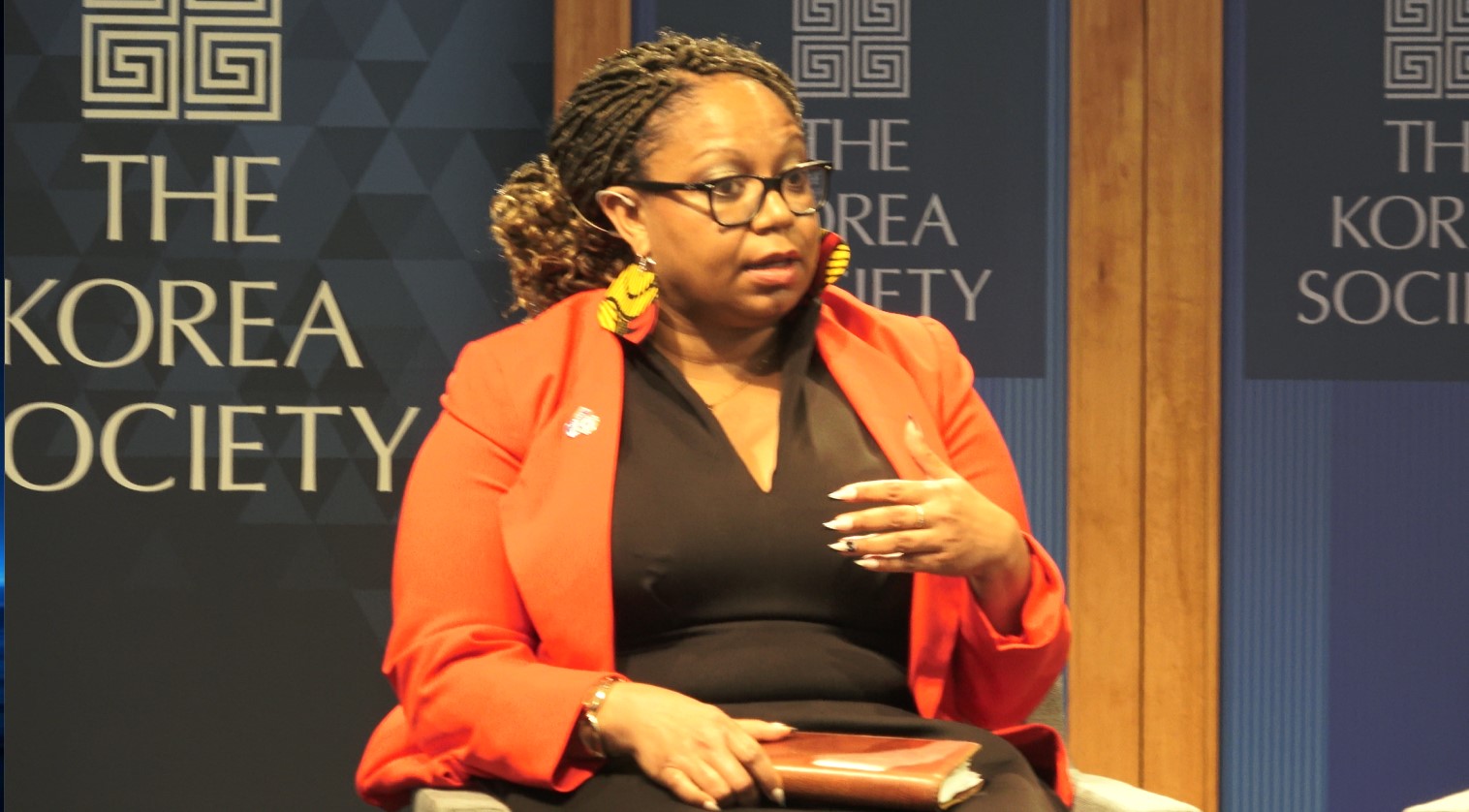
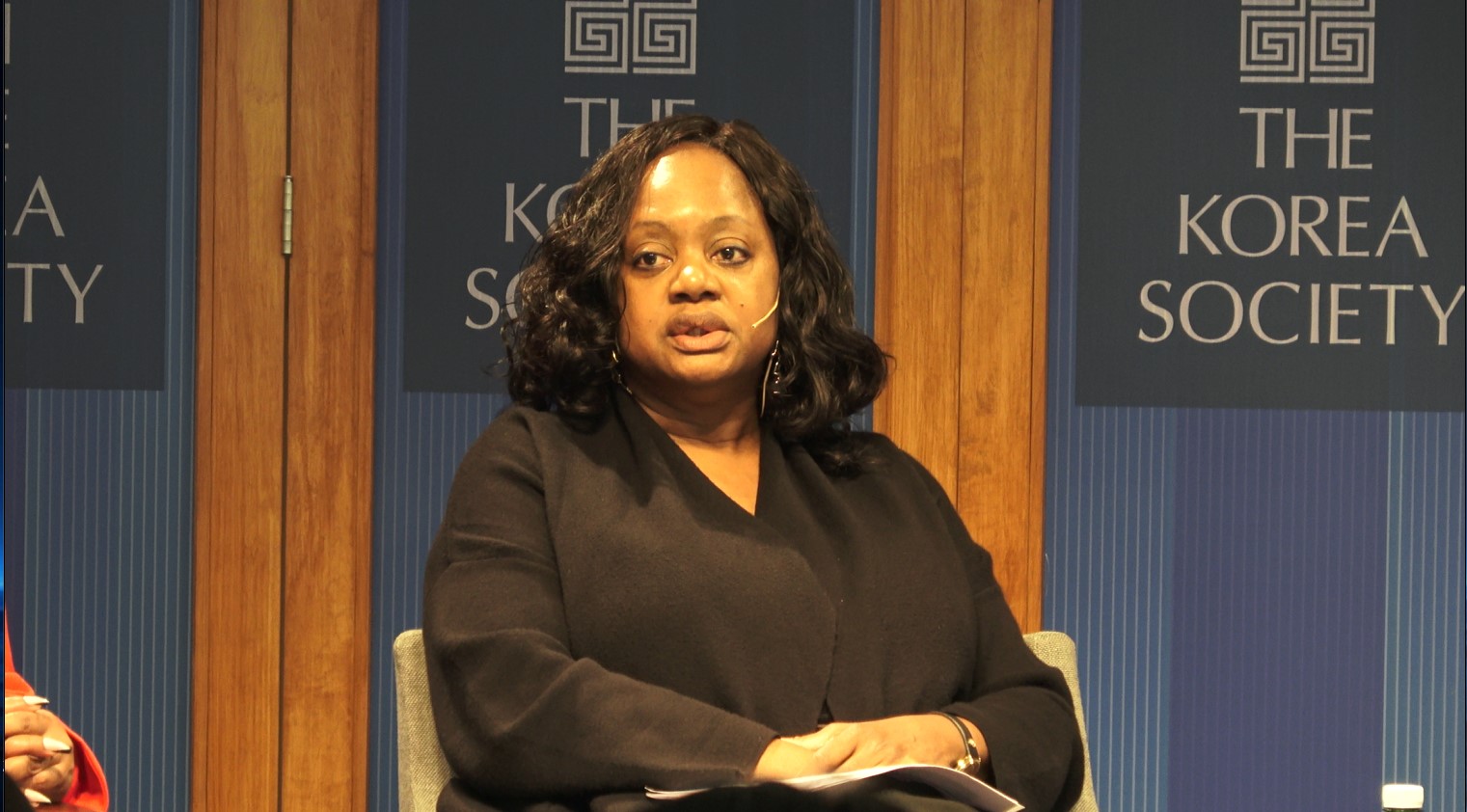
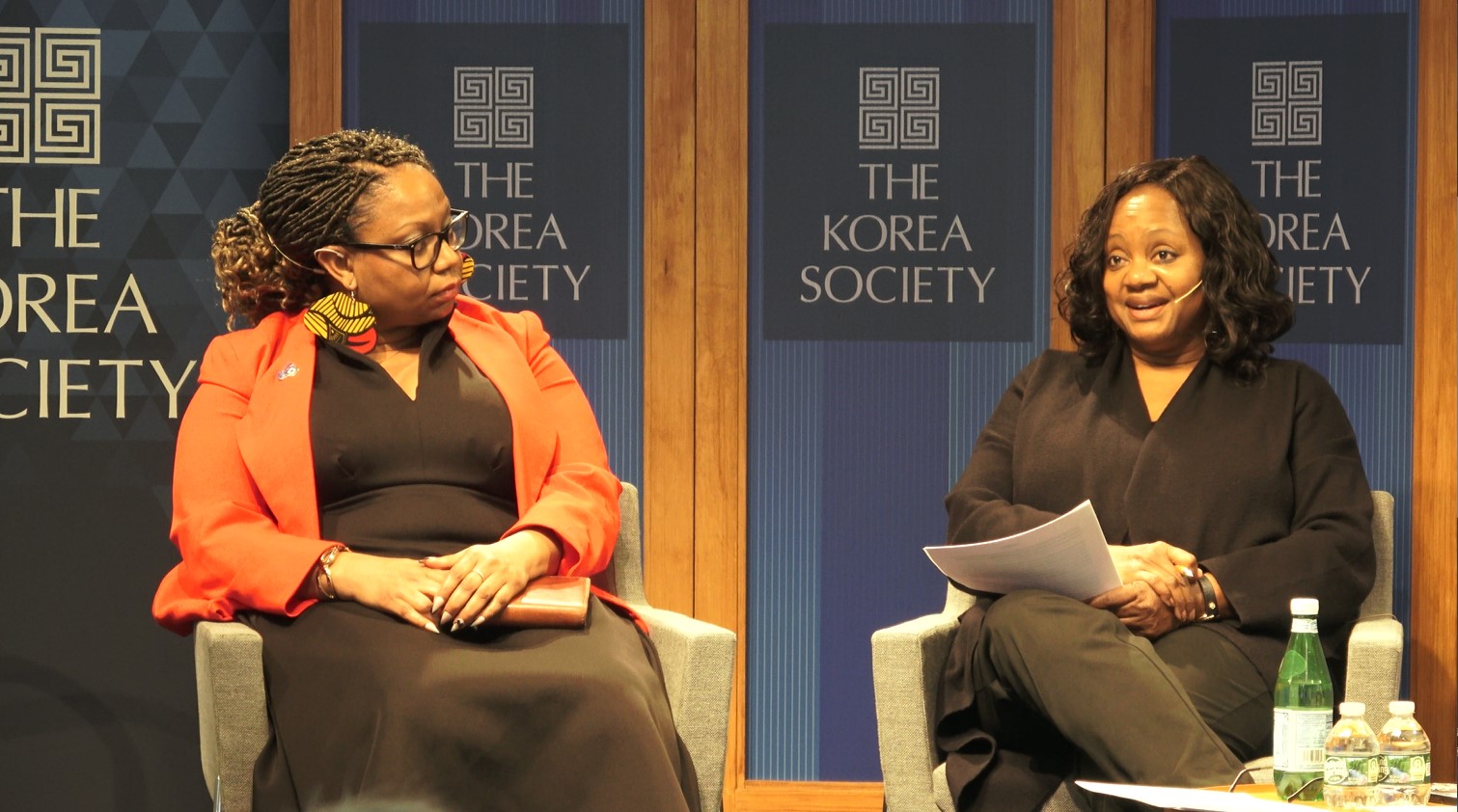
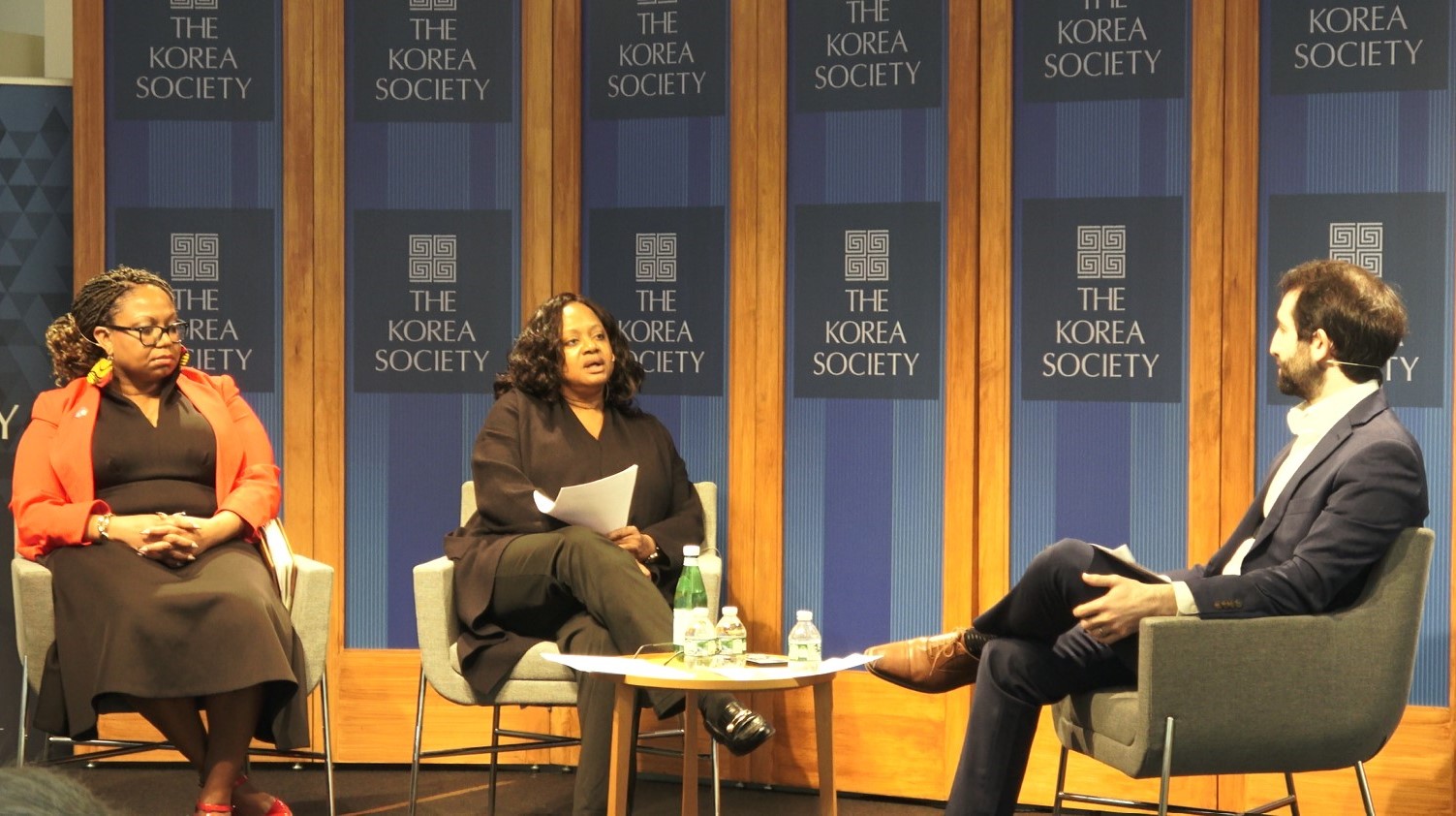
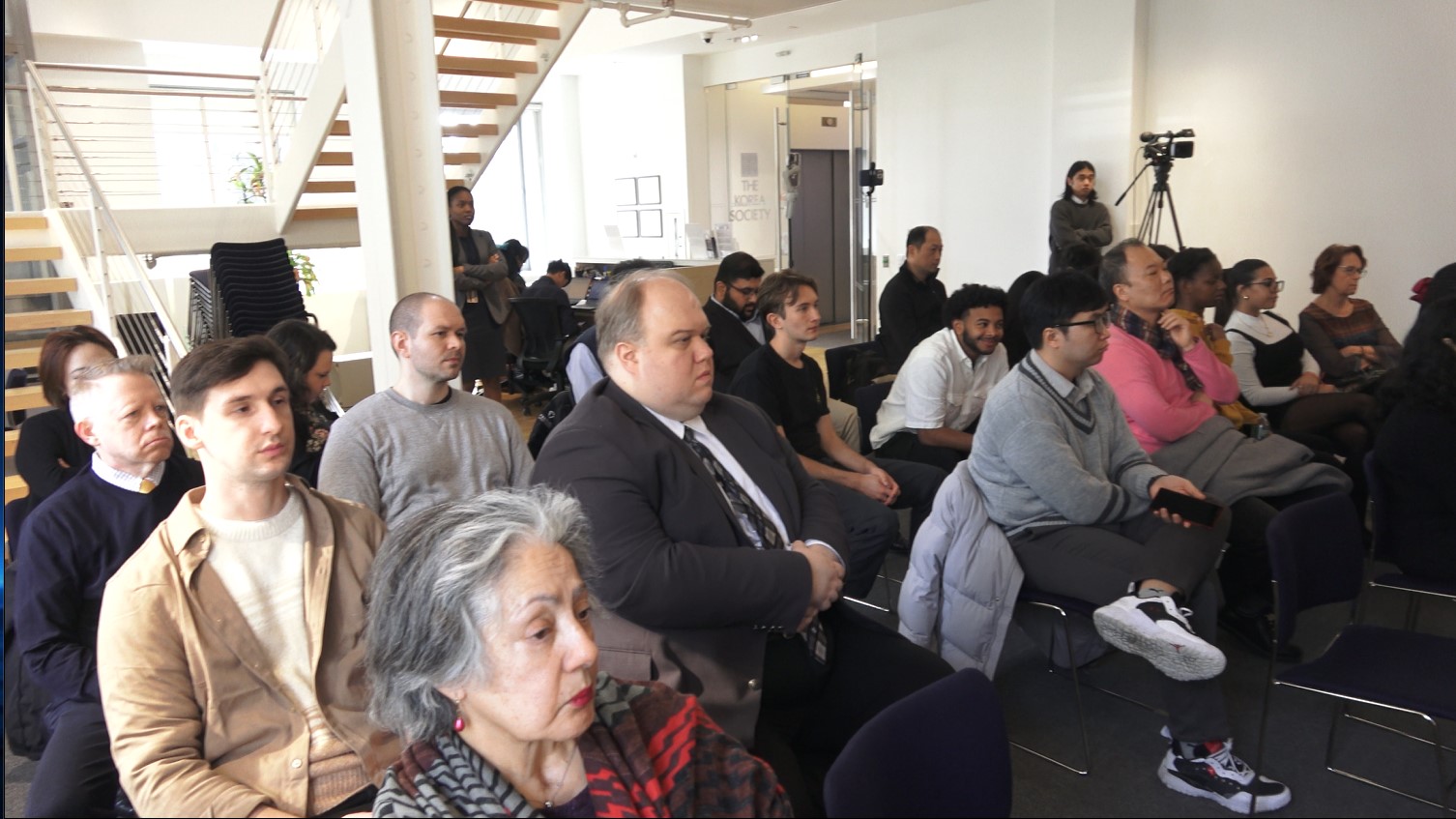
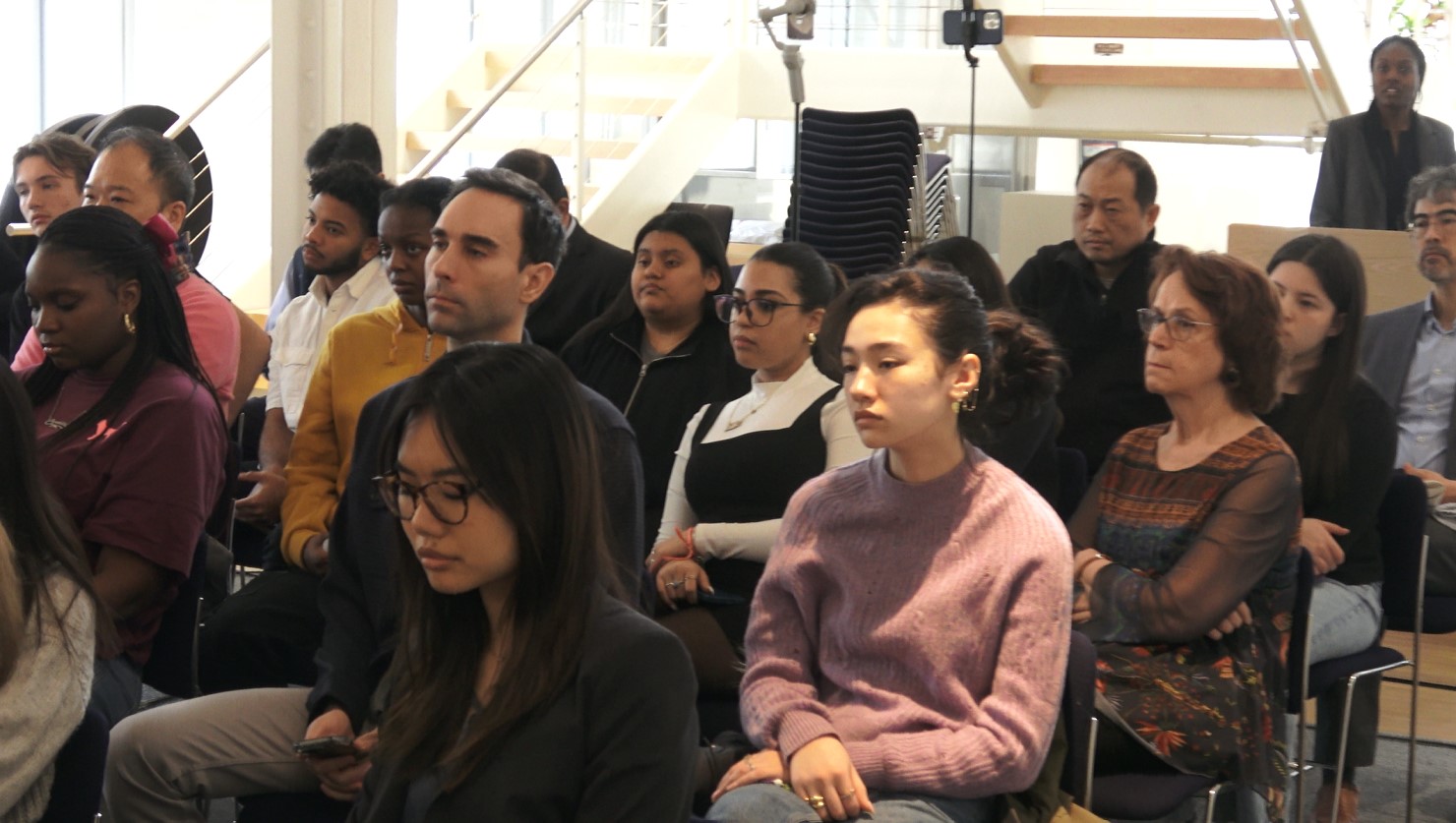
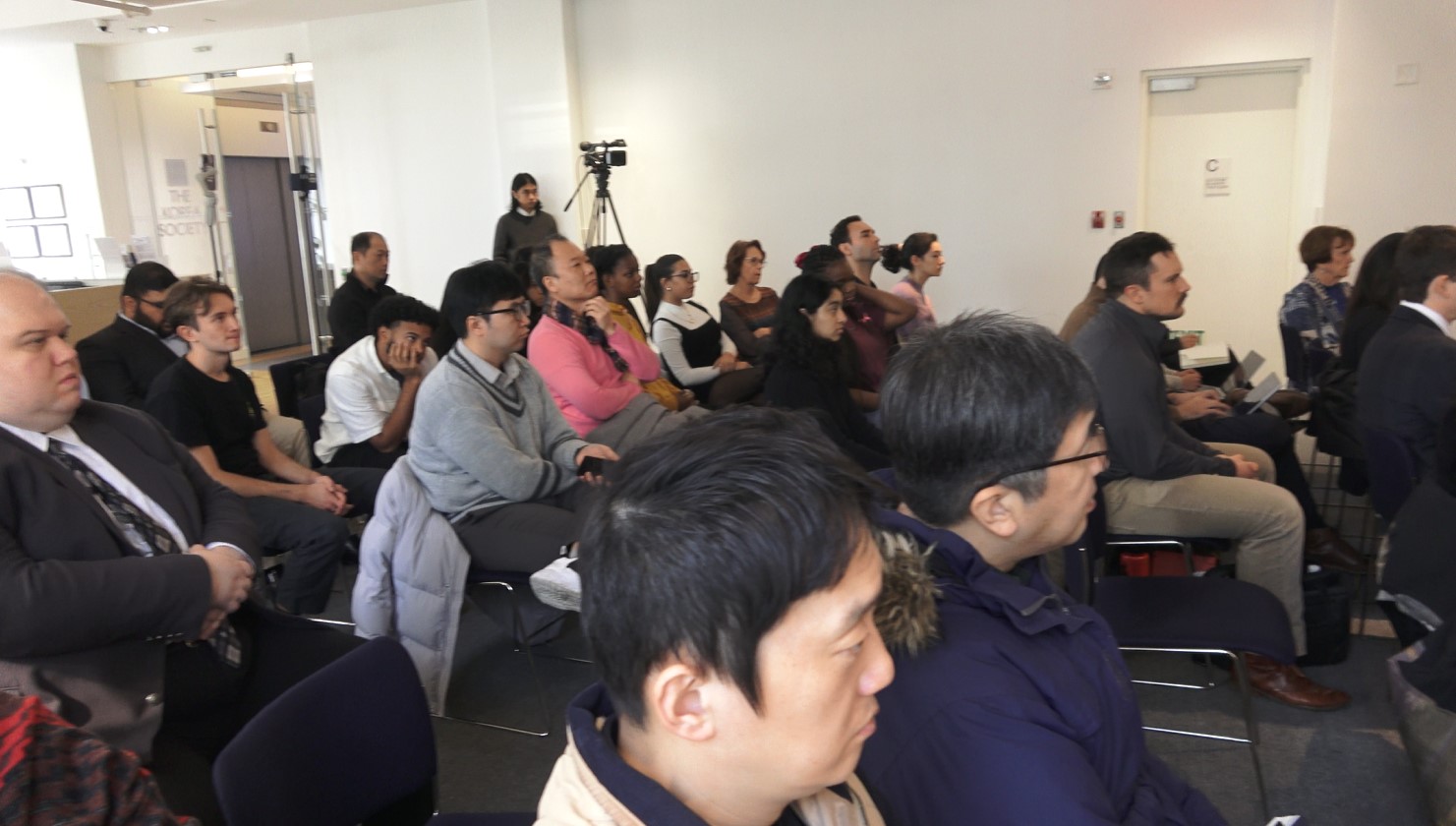
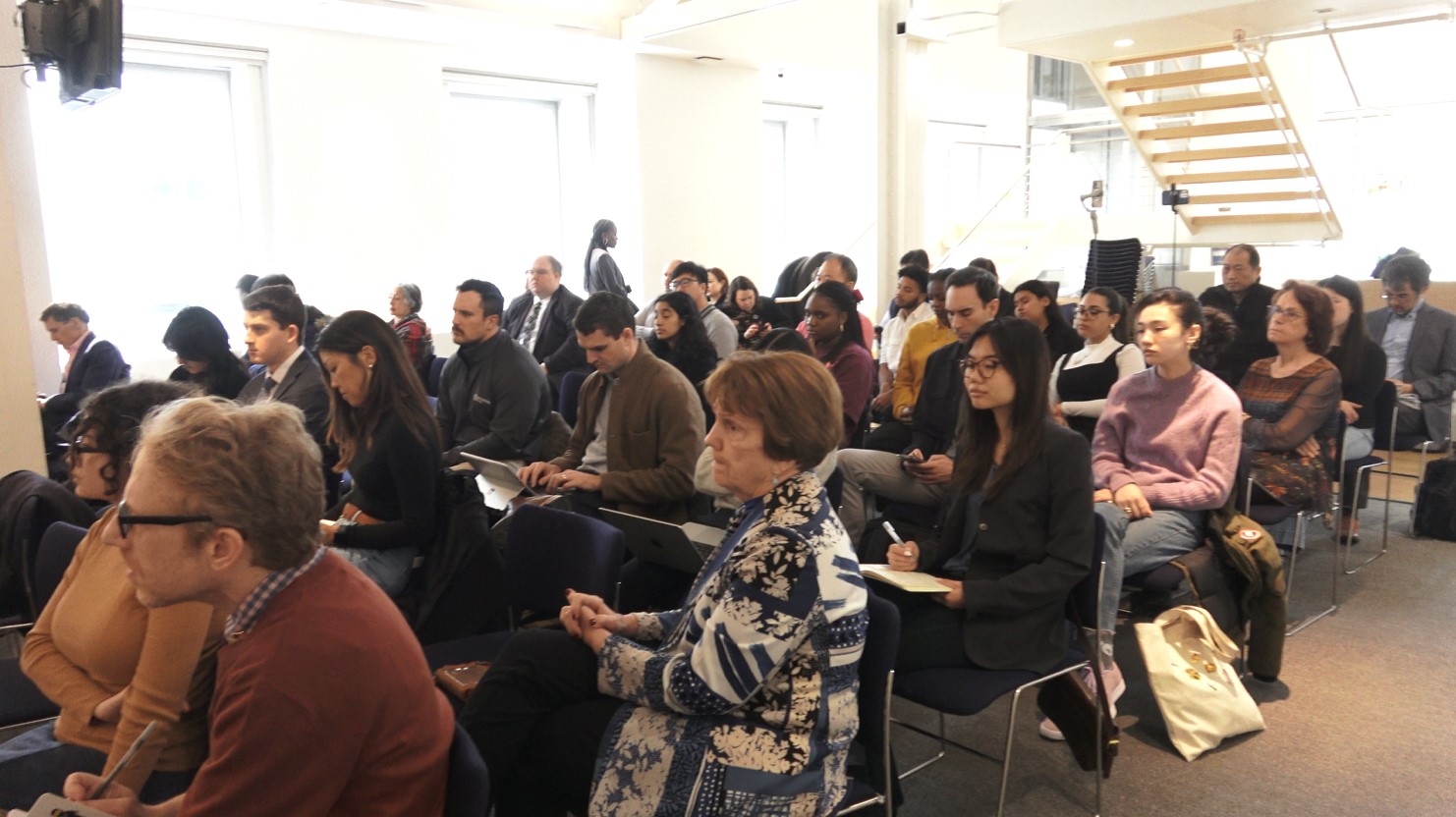
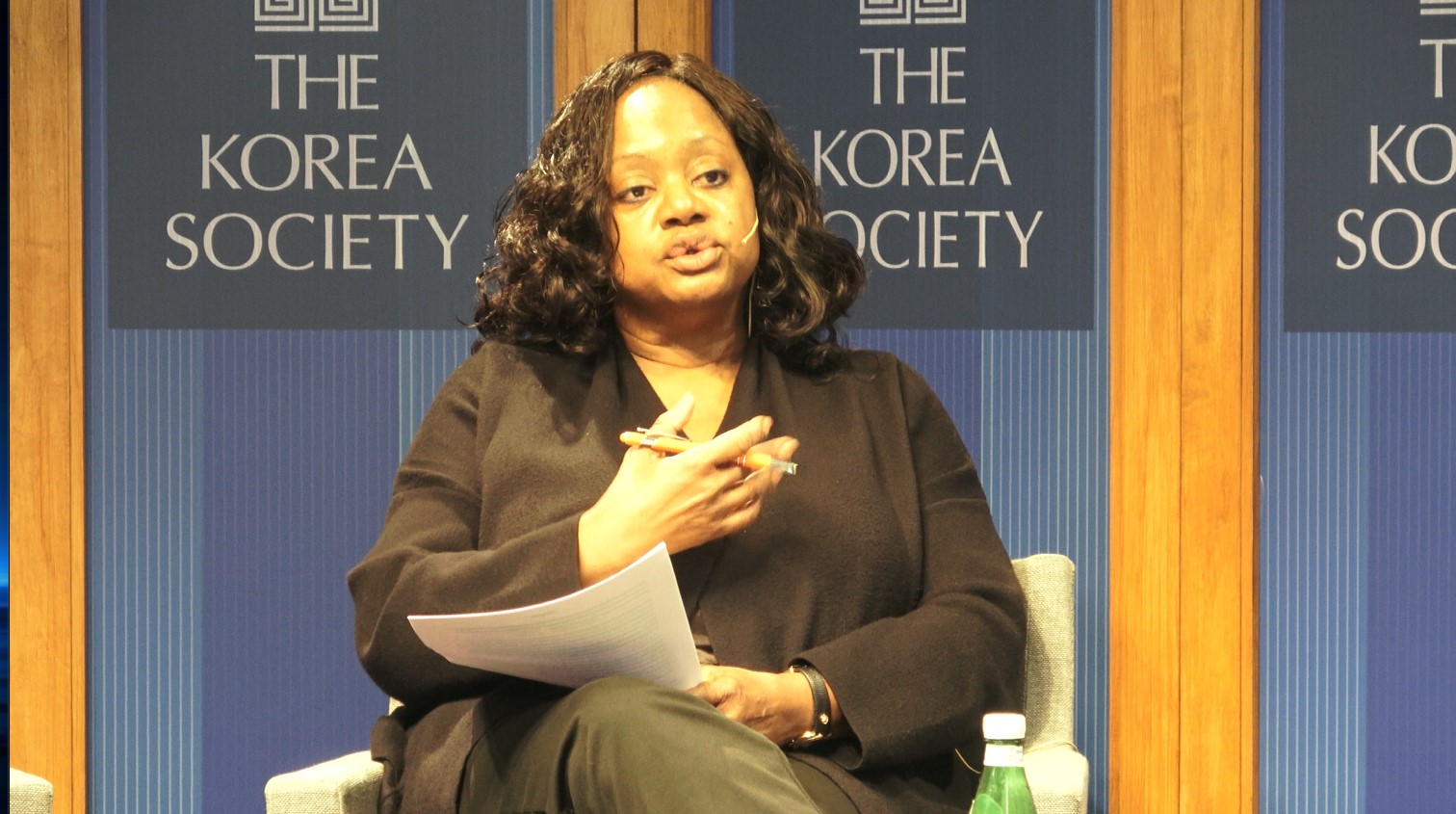
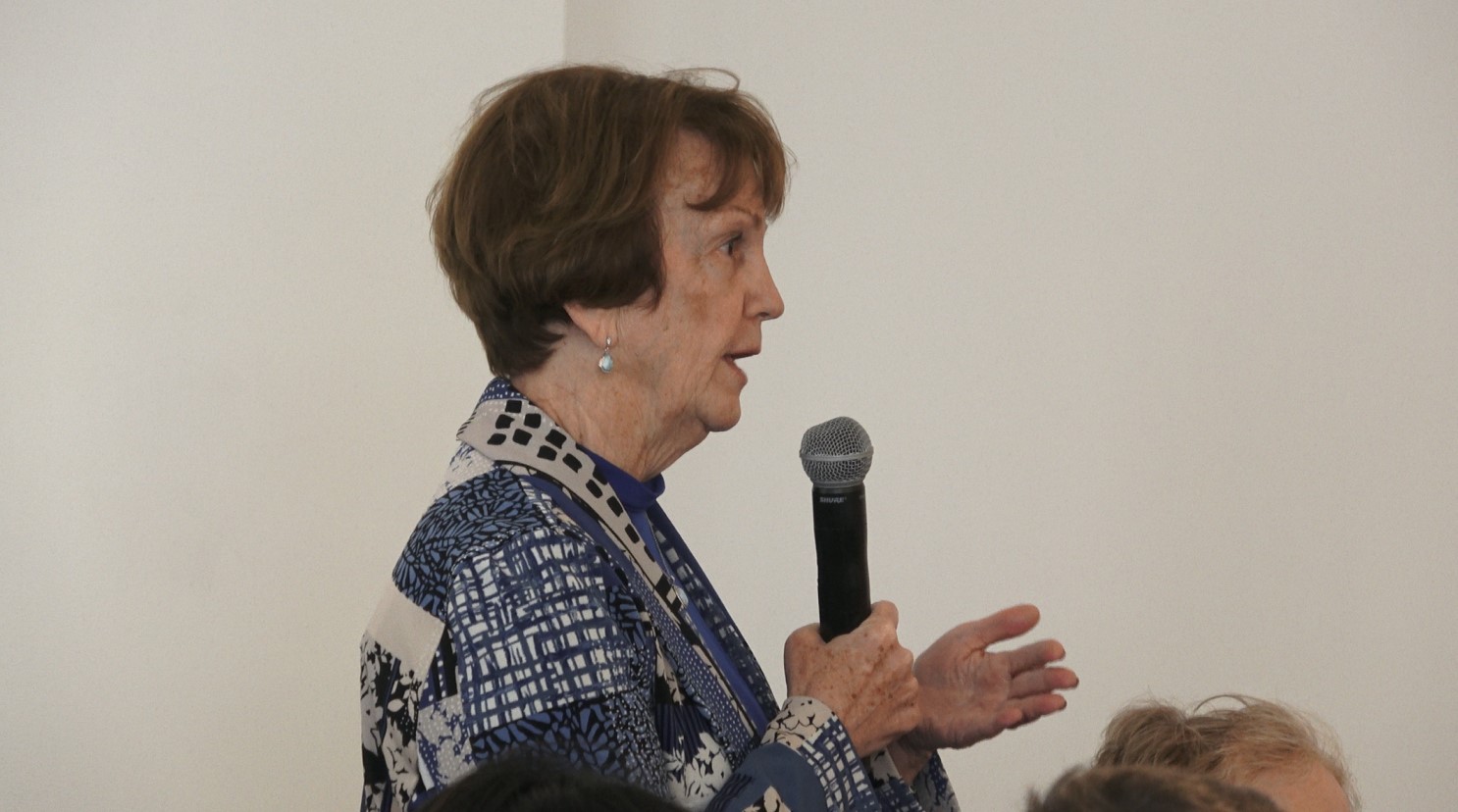
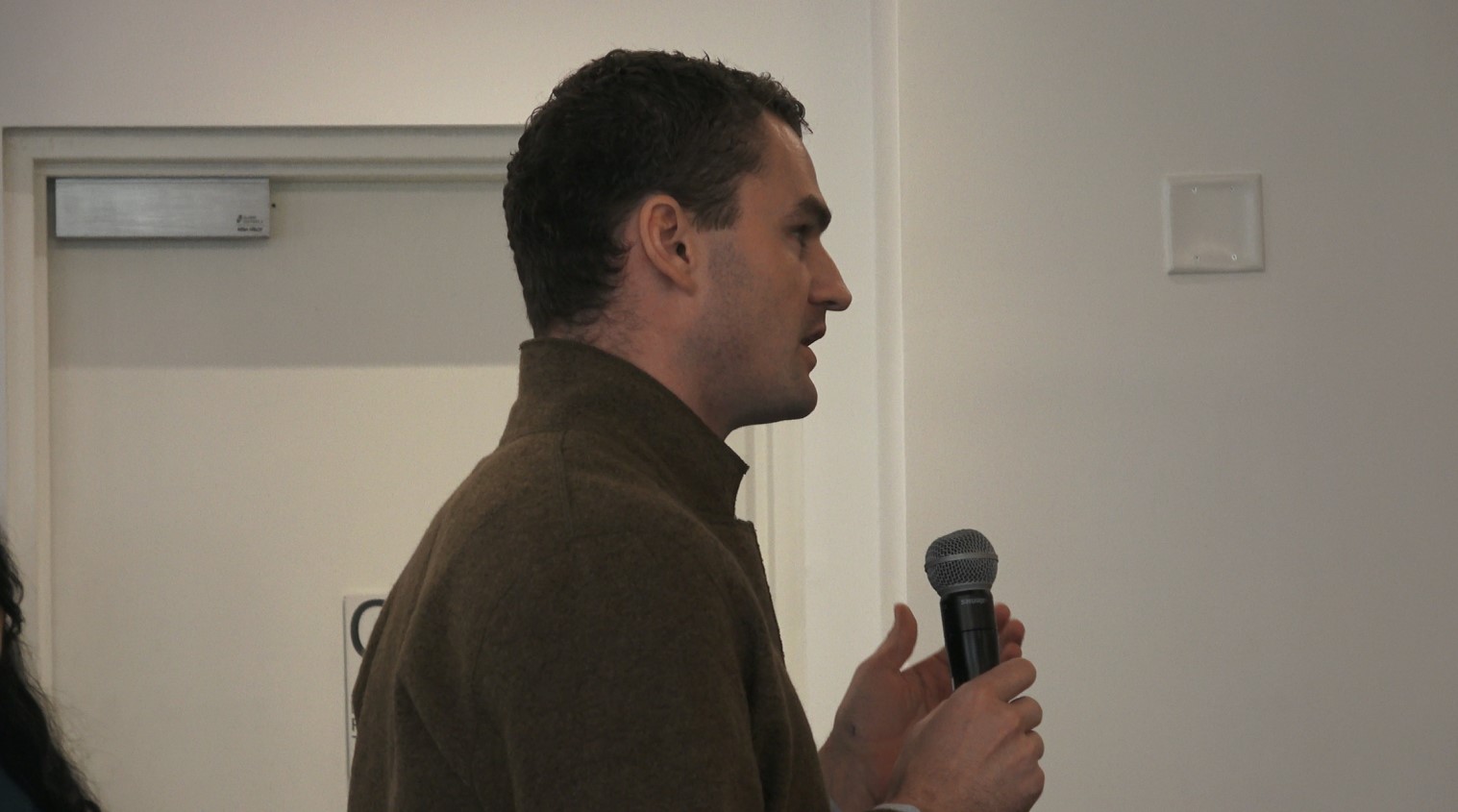
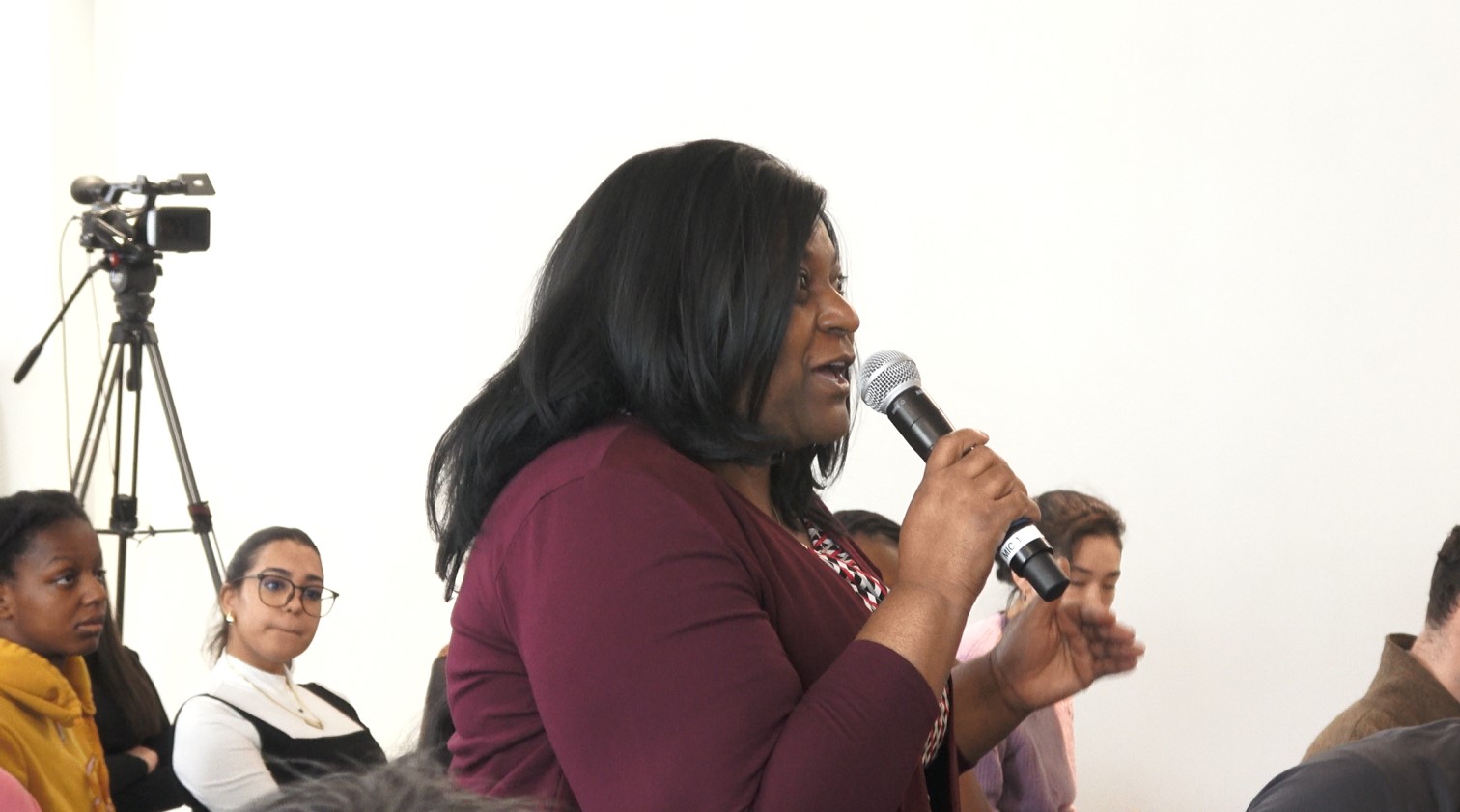
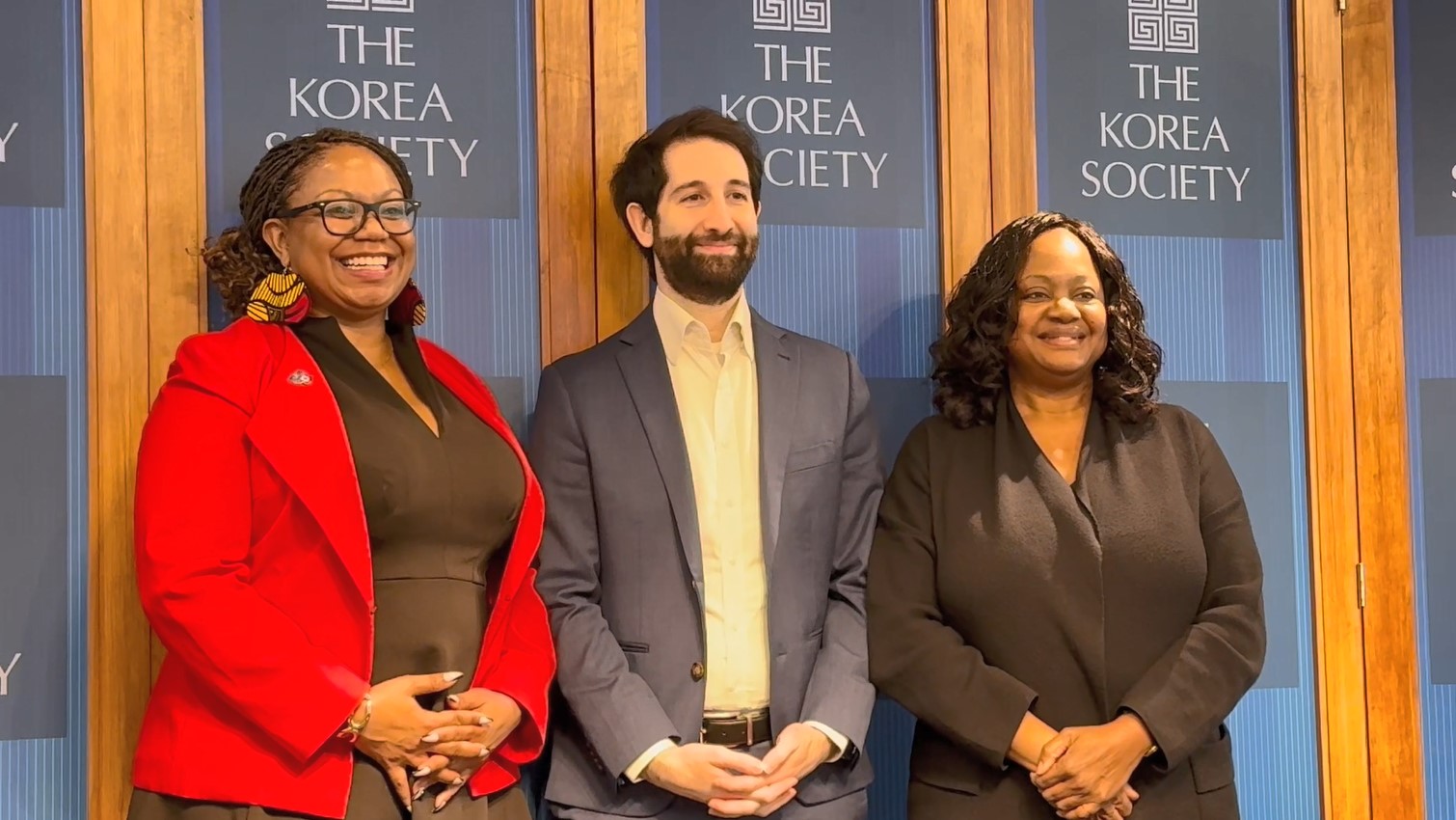
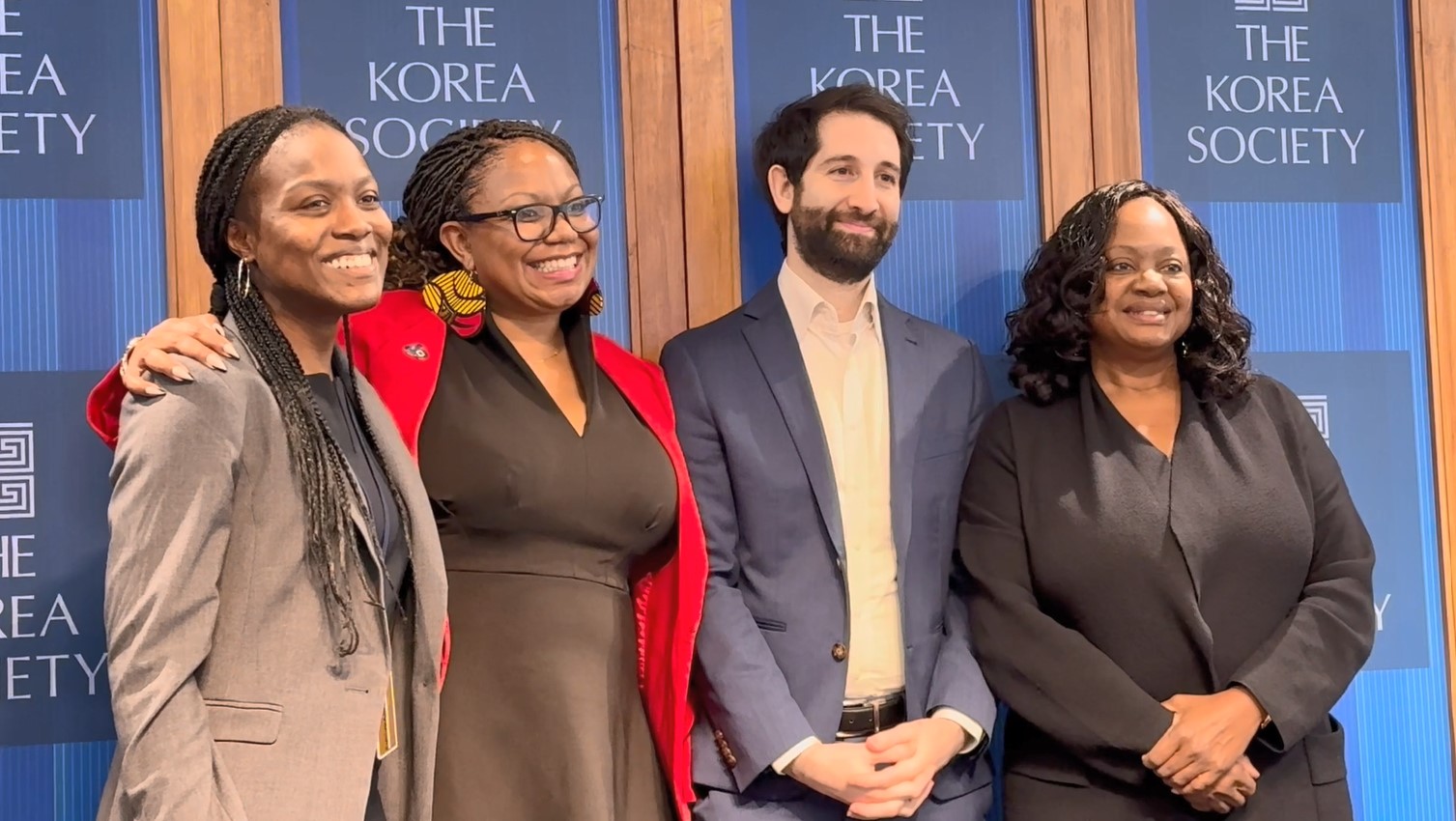
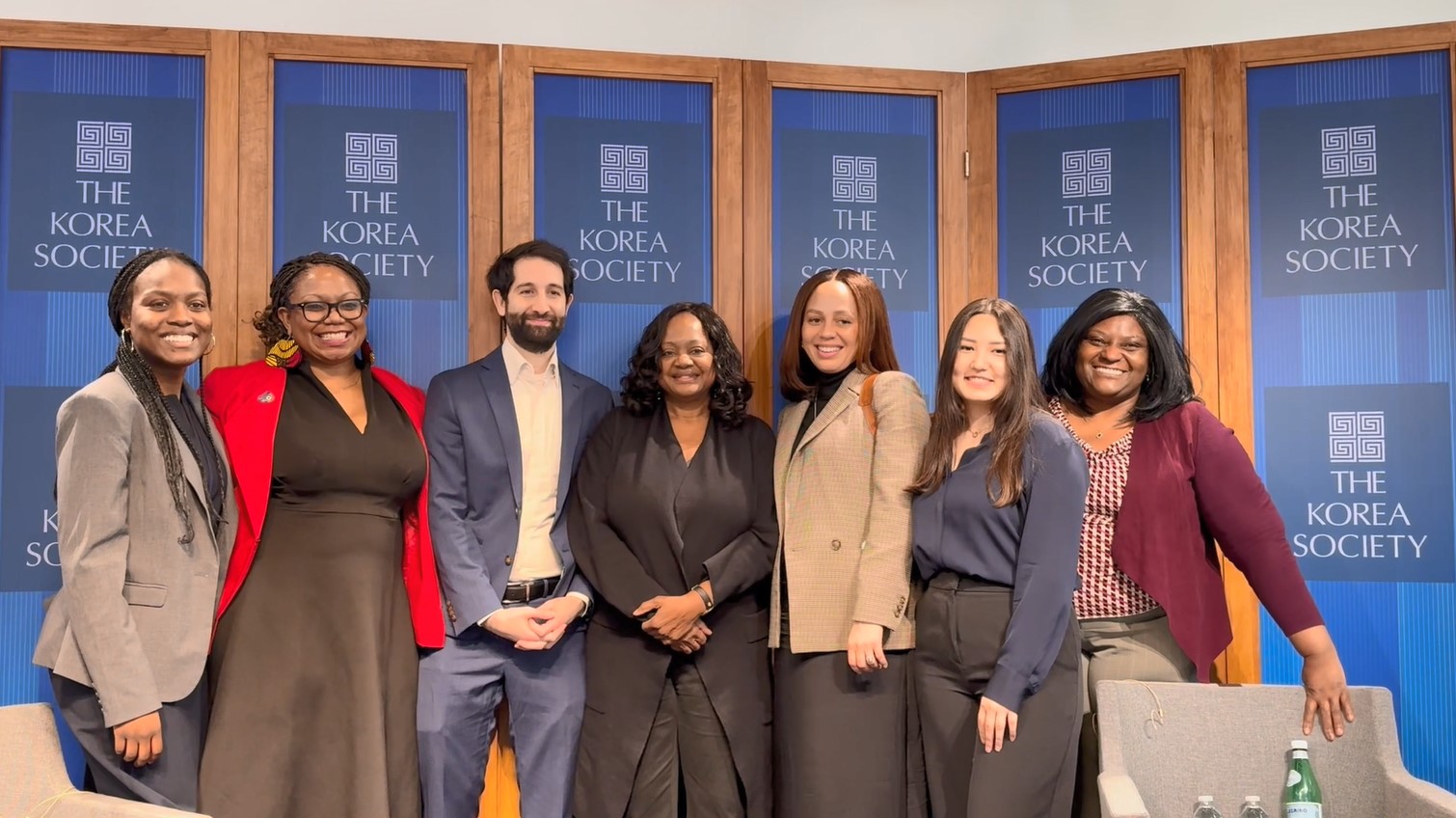
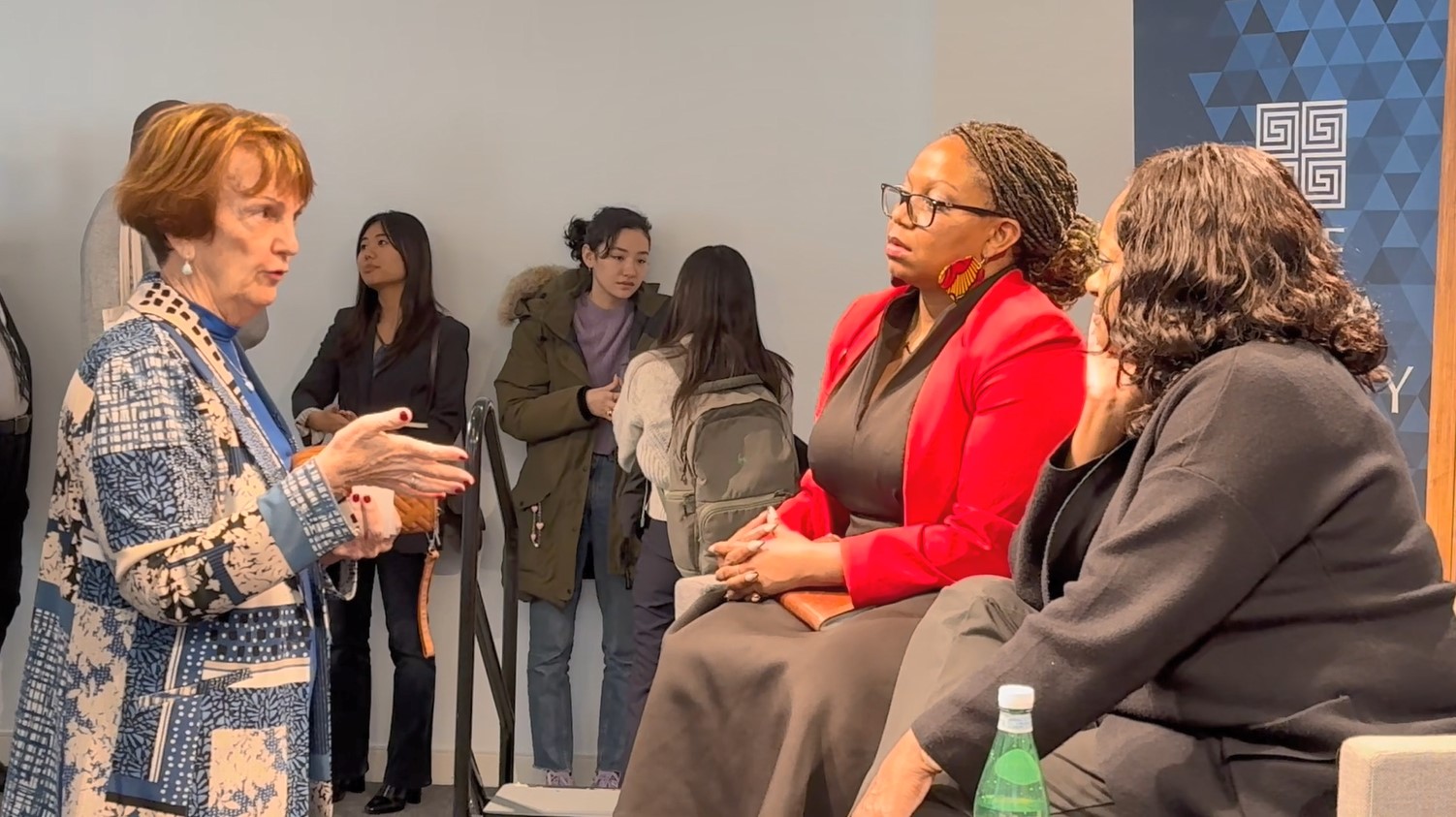
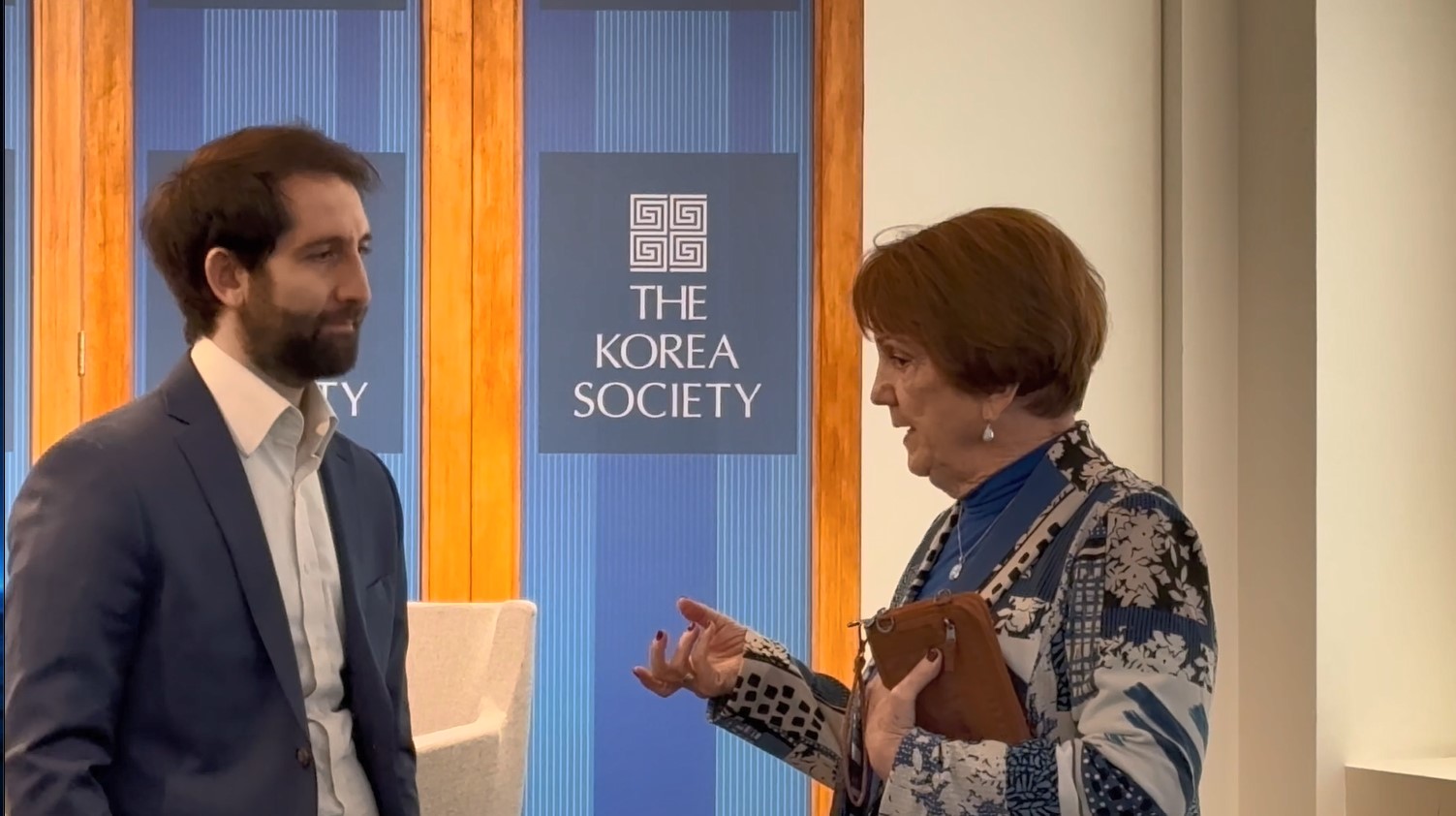
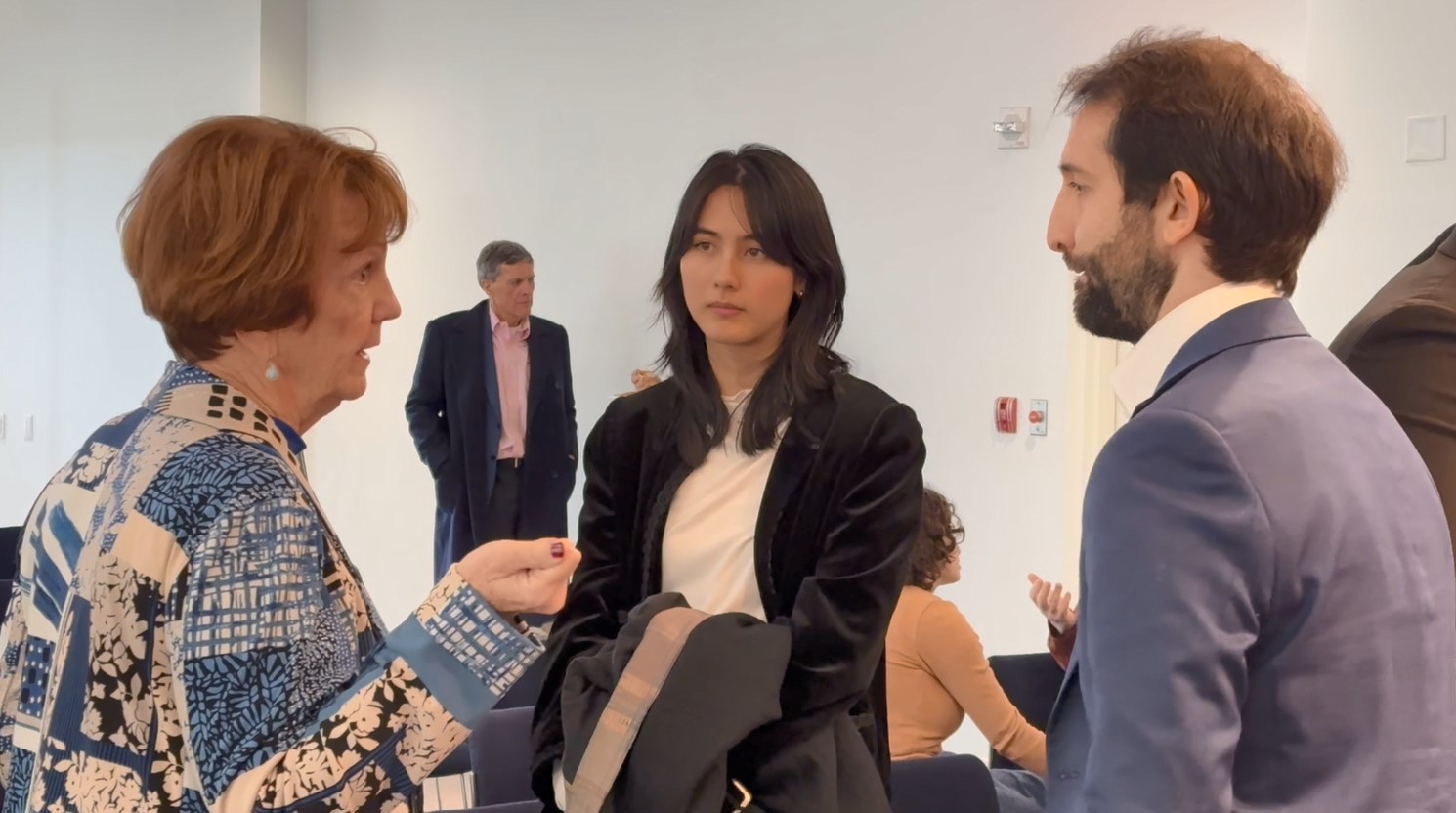
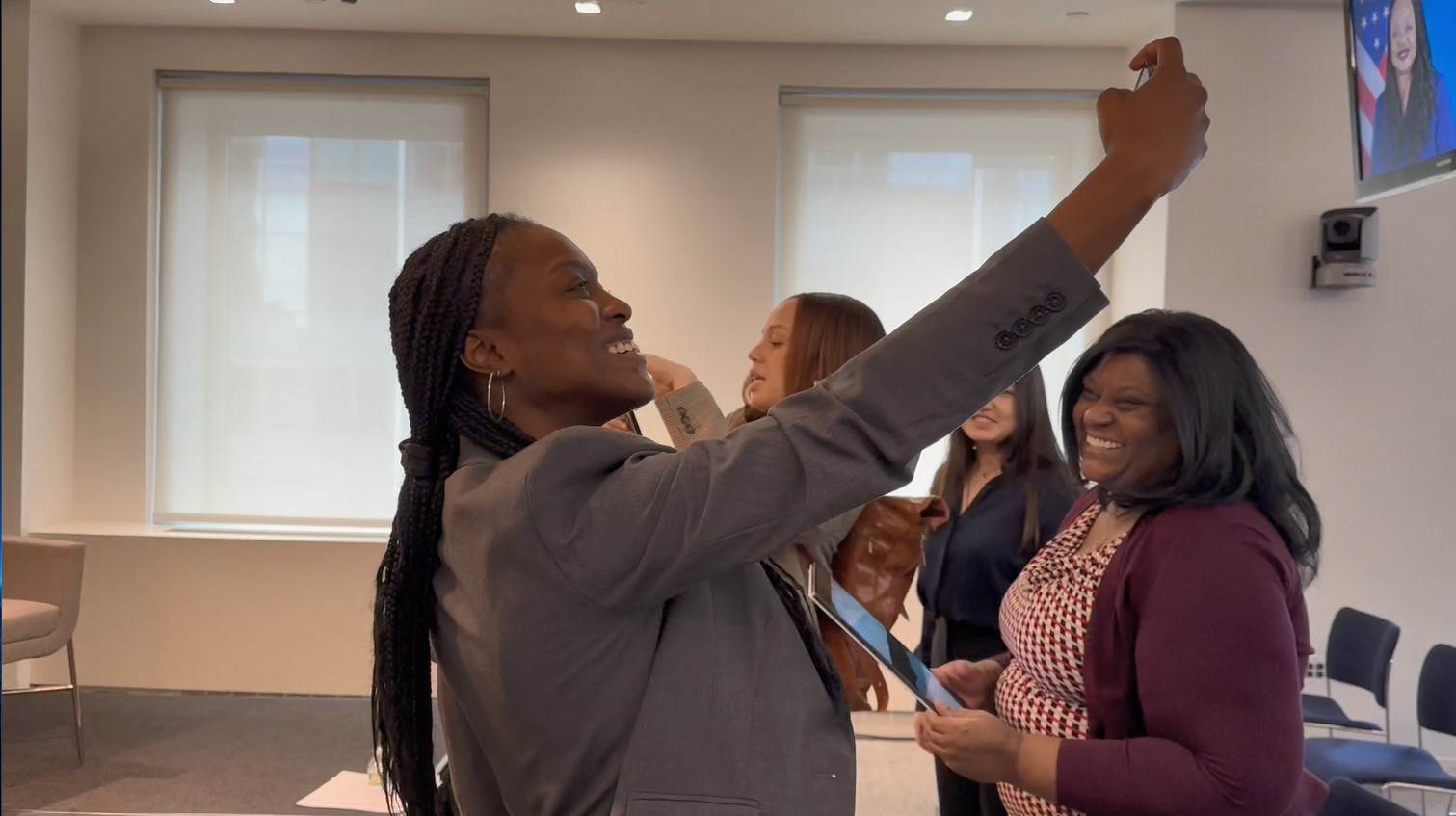
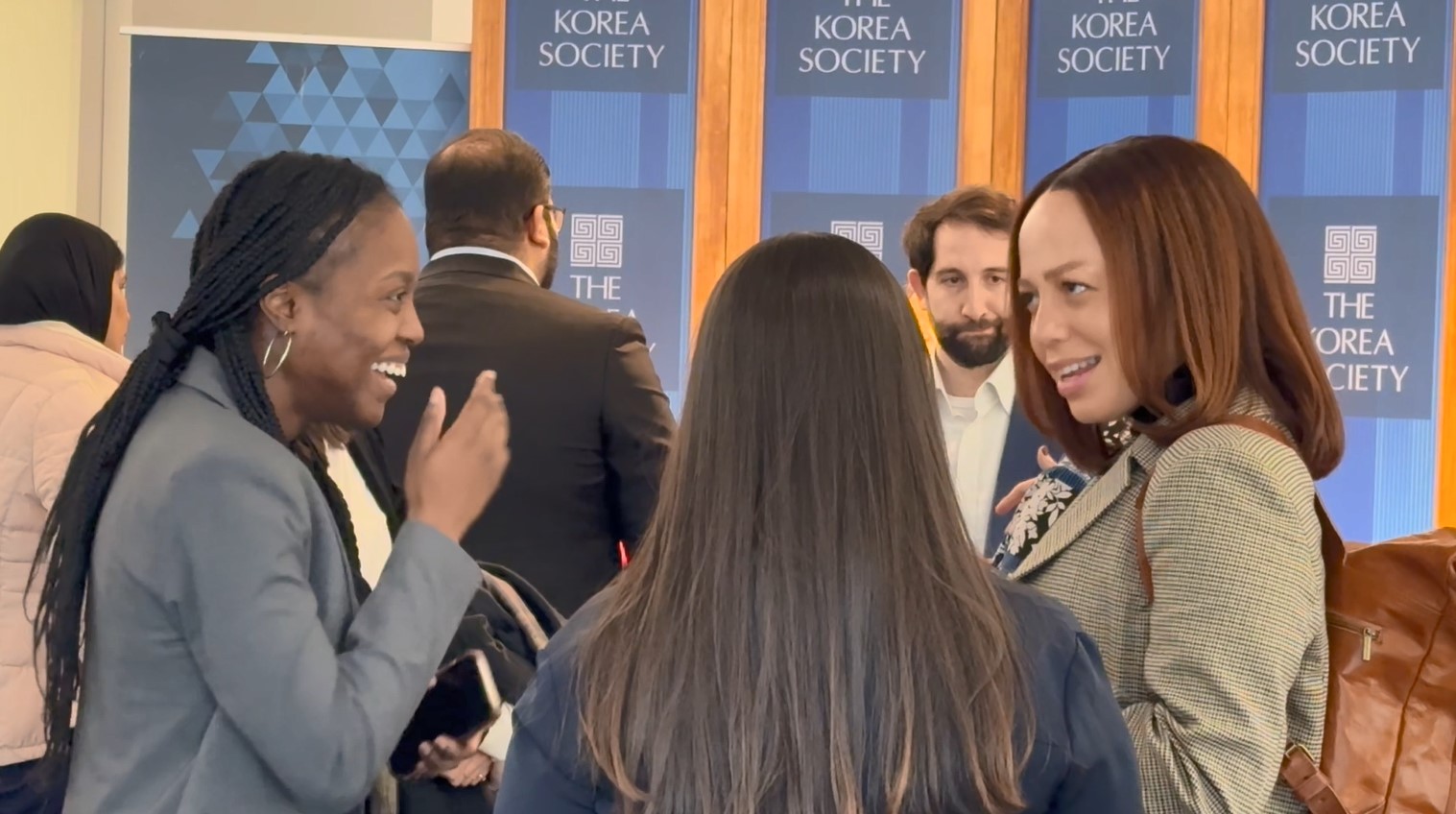
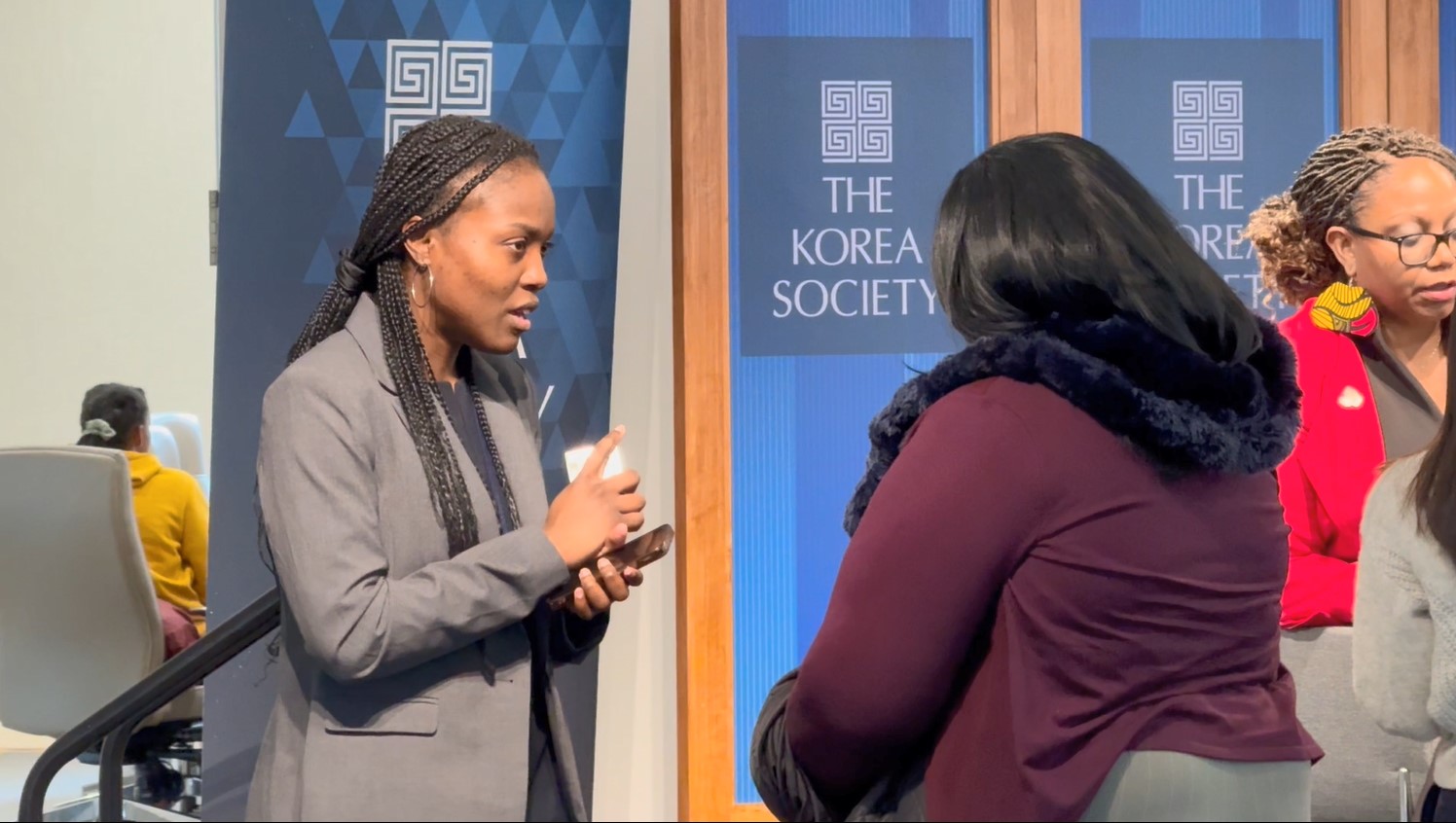
 UN Photo/Loey Felipe Secretary-General António Guterres addresses the UN Security Council meeting on the maintenance of peace and security in Ukraine.
UN Photo/Loey Felipe Secretary-General António Guterres addresses the UN Security Council meeting on the maintenance of peace and security in Ukraine.








